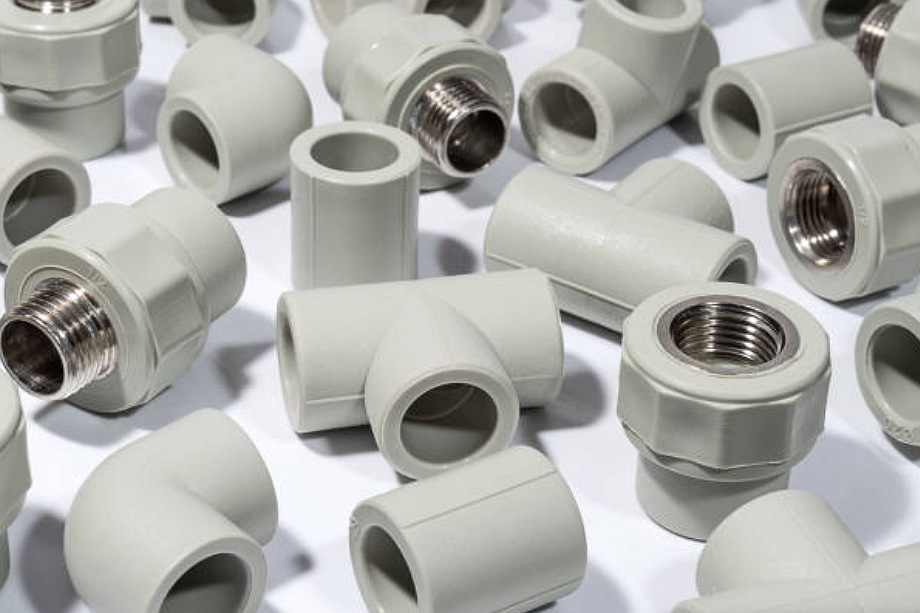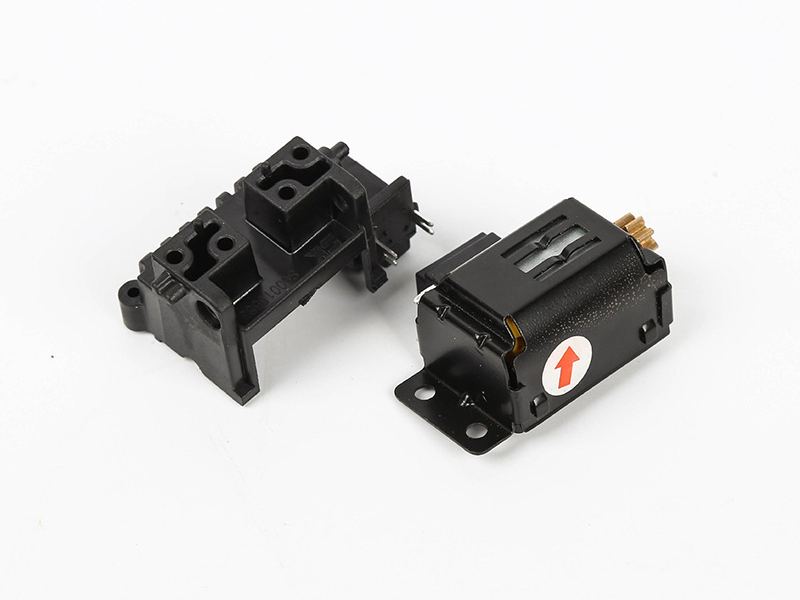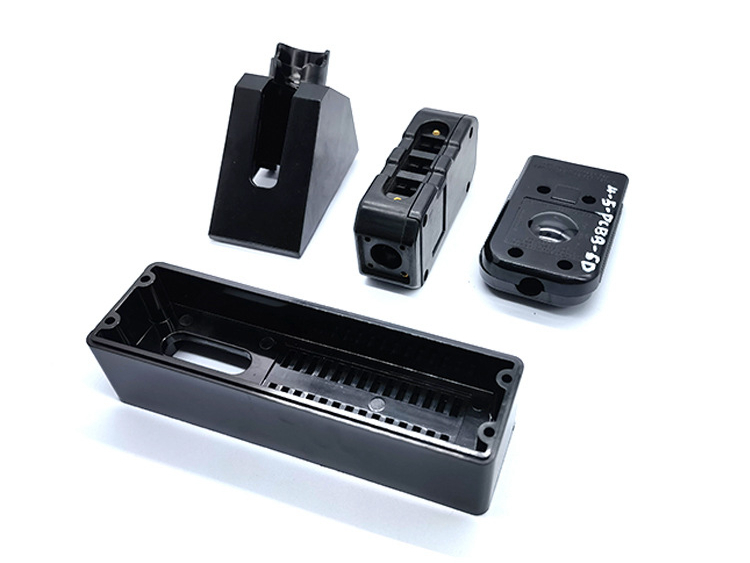Which industries benefit significantly from creative insert molding solutions?
Which Industries Benefit Significantly from Creative Insert Molding Solutions?
Insert molding provides a strategic advantage for industries that require high precision, compact design, and long-term durability. By combining polymers with metal or ceramic inserts during the molding cycle, manufacturers achieve lightweight yet robust components that support both functional and aesthetic goals.
Automotive and E-Mobility
In the automotive and E-Mobility sectors, insert molding is widely used for producing connectors, housings, and sensor components. By integrating conductive metal inserts, engineers enhance electrical performance and reduce assembly complexity. This process also facilitates the integration of lightweight thermoplastics, which are essential for energy-efficient vehicle design.
Medical Device and Healthcare
In the medical device industry, insert molding ensures biocompatibility and hygiene by providing a seamless encapsulation of inserts. It enables compact assembly of instruments, handles, and surgical housings made from advanced materials such as stainless steel and high-performance polymers like PEEK. This reduces the risk of contamination and ensures precision across repeated sterilization cycles.
Consumer Electronics and Telecommunication
The consumer electronics and telecommunication fields leverage insert molding to achieve slimmer, more integrated designs. Incorporating metallic inserts during plastic injection molding enhances the strength of parts while maintaining sleek aesthetics for devices such as wearable sensors, connectors, and protective casings.
Power Tools and Industrial Equipment
For the power tools industry, insert molding improves vibration resistance and enhances the interface between metal threads and polymer housings. This results in ergonomic, high-performance products with superior mechanical strength and fatigue resistance — key attributes in demanding industrial environments.
Lighting and Energy Systems
In lighting solutions and energy applications, insert molding integrates heat sinks, threaded fixtures, and insulation elements into a single mold. It improves heat management, assembly precision, and long-term operational stability.



